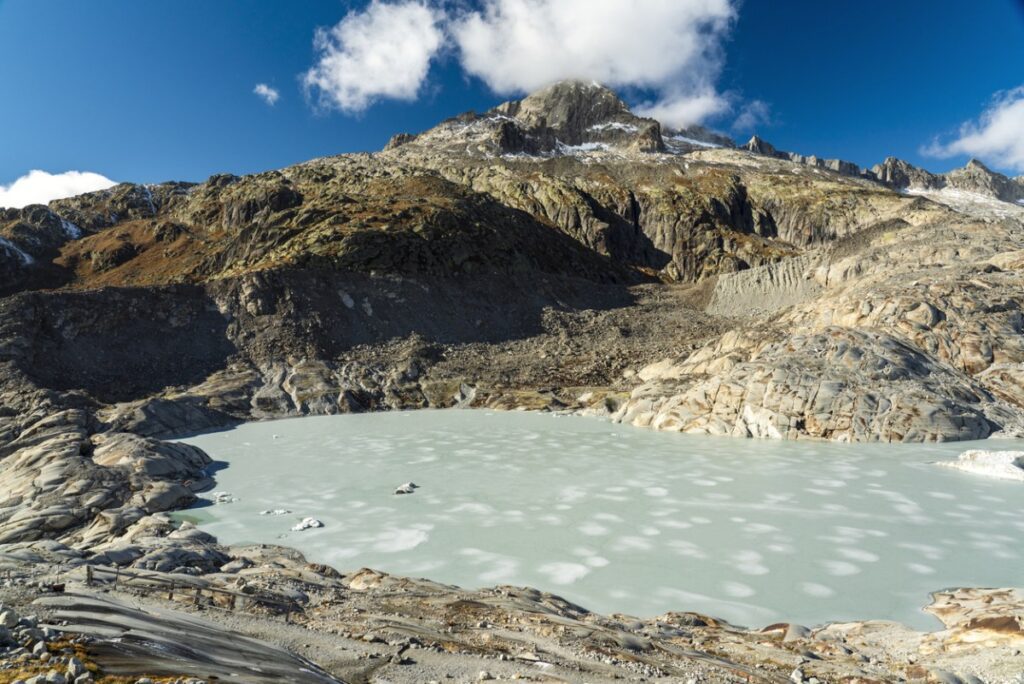The article discusses how Switzerland is experiencing some of the fastest rates of climate change in the world, with temperatures rising at twice the global average. It highlights the impact of climate change on the country, including increased heat waves that pose health risks, threats to agriculture, and the melting of glaciers and permafrost, leading to natural disasters.
From 2015 to 2024, Switzerland recorded some of its hottest years, with average temperatures 2.3°C higher than those from 1951 to 1980. Factors contributing to this rapid warming include Switzerland’s continental location, the geography of the Alps, and a significant reduction in aerosol pollution which had previously provided a cooling effect.
While rising temperatures affect both the northern and southern parts of the Alps, the northern region has warmed more, catching up to the south after experiencing historically colder winters. Overall, the article emphasizes the urgent need for Switzerland to adapt to its changing climate while noting the broader European context where many countries are similarly affected.
Source link


